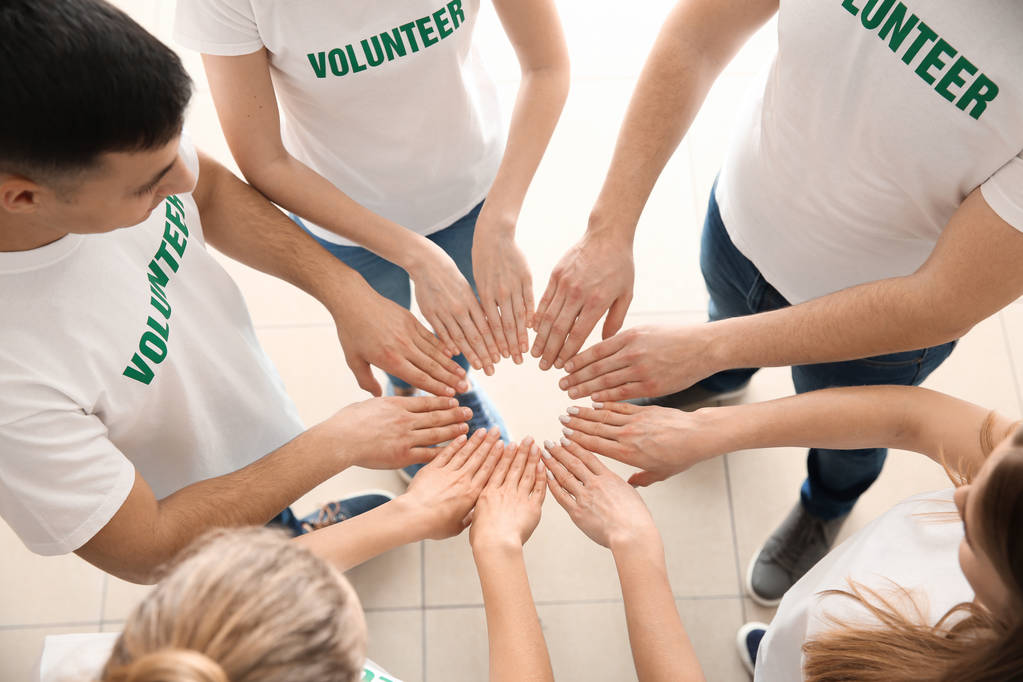Why Community Volunteers Are the Backbone of Disaster Relief Operations
This is the period of chaos, which often takes over following disaster and characterises things by confusion and a lack of clarity. In this period, however, one group that stands out and is integral to the efforts of relief would be community volunteers. These individuals have proven critical to returning normalcy to communities and providing hope in trying times.
The Importance of Local Knowledge
Probably the assets that the community volunteers bring best to the efforts of disaster relief are knowledge of the local terrain. They are basically better informed about the infrastructural and social setup than any other responder because these are locals, where most social networks exist. Armed with this knowledge, they are better placed to track communities needing urgent support-mostly individual isolated persons or remote areas that others shun. Their familiarity with the community ensures that resources are allocated efficiently and effectively.
Building Trust and Connection
Community volunteers are often tied with the affected communities. It provides them with a bond that external organisations often lack. Trust is easily earned during times of calamity since it establishes free communication and cooperation among its members.
It is much easier for people to accept help and share their needs when it comes from a person they know or recognise. Disaster response volunteers also become a comforting presence by providing emotional support to overwhelmed or abandoned people.
Rapid Mobilisation During Emergencies
Almost all available time is crucial when catastrophes strike. Community volunteers will generally be on the ground immediately and ready to act; otherwise, external responders may face travel time and logistical plans. The volunteers are at home, so they can rapidly get in and save lives, start dispensing essential supplies, and cut down damage. Their readiness allows relief efforts to start at a much earlier date.
Resource Distribution Improvement
The effectiveness of disaster relief would actually depend on how well resources are dispersed. Community volunteers are successful in this regard as they know the specific needs of their neighborhoods. They could guide external agencies regarding the best places to put up relief centers, about how aid should be distributed, and what help was most urgently needed. To this extent, waste will be minimised, and that relief will reach those with the greatest need.
Empowering Communities Through Participation
Disasters make people feel powerless and disconnected from those around them. When community dwellers volunteer, they cultivate a sense of ownership to their environment. Their support for relief operations shows not only that they are individuals who are not victims to be pitied but very active participants in rebuilding those lives. This empowerment sparks others to contribute and raises the resilience of the collective.
Fill Gaps Left by Formal Agencies
Even the best planning by formal disaster relief agencies cannot possibly fill all of the needs of recovery. Community volunteers fill in those gaps and meet those unmet needs with personalised service. Whether it is bringing food to a homebound person or helping neighbors make repairs on their homes, their contributions complement the greater efforts of professional responders.
Challenges Faced by Volunteers
Despite the importance of community volunteers, they often encounter severe challenges. At times, they witness traumatic acts, and poverty and physical and emotional exhaustion undermine their effectiveness and wellbeing. Proper training as well as mental health resources and logistics help support these volunteers and ensure that such efforts endure.
How to Support and Encourage Volunteer Efforts
Communities and organisations can actively engage and support volunteer participation in a disaster relief effort. Storage of free training sessions for the volunteers, provision to necessary equipment, and developing volunteer networks will strengthen the impact on communities. Public acknowledgment, no matter how small in amount, will also motivate continued volunteering efforts.
Conclusion
These are the non-replaceable disaster relief volunteers assets. They can win trust and connection necessary to be at the backbone of an effective recovery effort due to local knowledge and rapid response capability. Communities will become much better in facing and recovering from disasters once empowered and supported.

